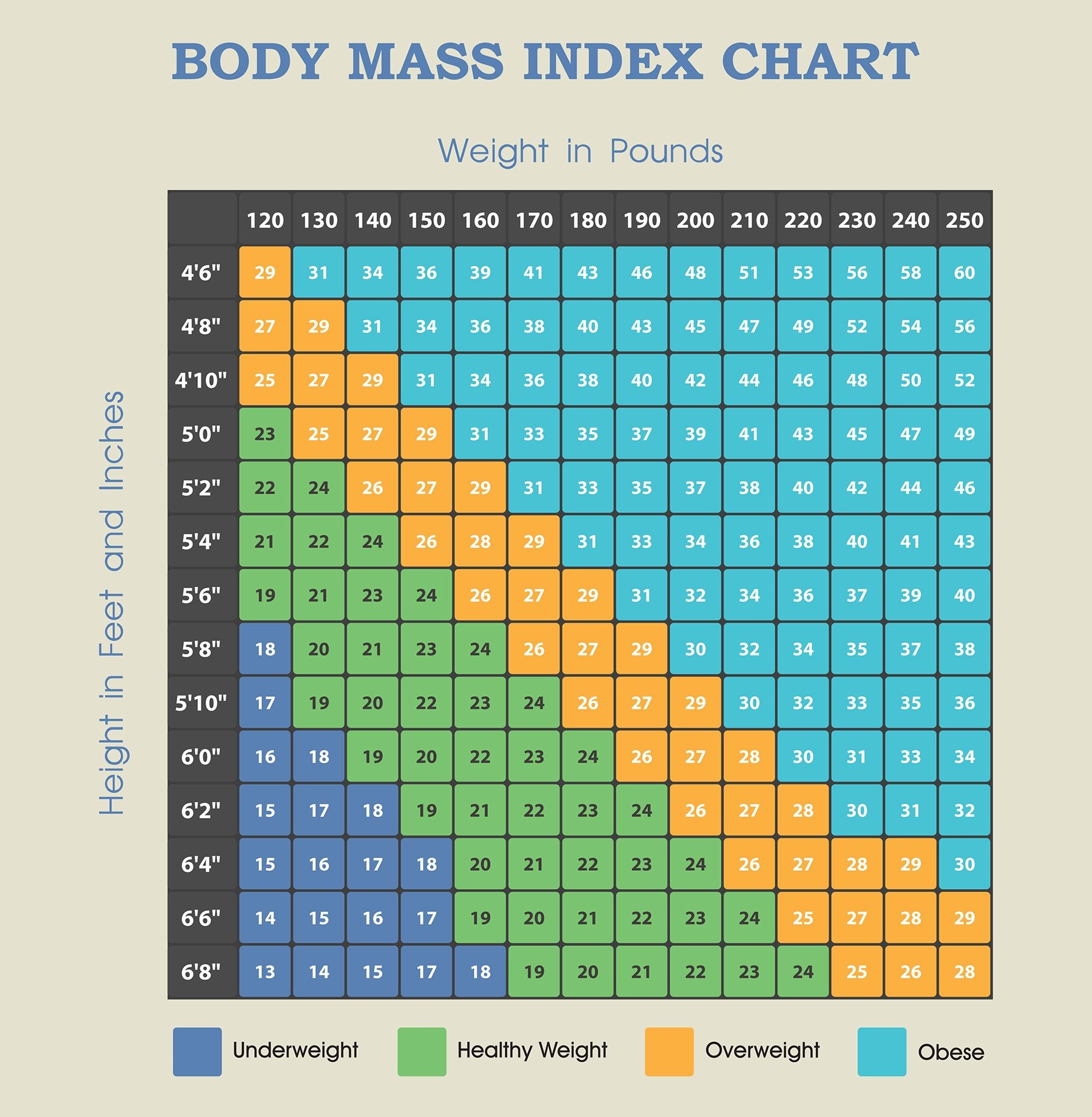Date: 26-Nov-2019
Category:
Your Health
Maintaining a healthy body weight is important at any age. Your weight directly impacts your health and overall quality of life. But while the dangers of obesity are well documented, studies show that being underweight may actually be worse.
Unintentional weight loss – or losing weight without trying – is a major red flag. Most medical professionals define “unintentional weight loss” as a five percent decrease in body weight within a six-month period. A sudden and unexplained drop in pounds can be a sign of underlying health issues, and seniors are at an especially high risk.
Causes and Effects
Unintentional weight loss happens for a variety of reasons, including the natural aging process. As we age, bones become less dense leaving you prone to fractures. Loss of muscle tissue can reduce the amount of water in your body, leading to dehydration.
Other factors like illness, medication and loss of appetite can all play a part. Dietary deficiencies are especially harmful. Mental impairment, anemia and slower healing are all associated with a diet that lacks key nutrients. There’s even evidence that being underweight can hinder your ability to recover from a stroke.
Are You Underweight?
Your body mass index (BMI) is a great indicator of whether you need to take steps to keep your weight up. BMI measures body fat based on your height and weight. A BMI of 18.5 or less is considered underweight. You can find your BMI using an online calculator, a smart scale or the chart below:

If your BMI is 18.5 or lower, it’s time to talk to your doctor. Together you can rule out serious issues and create a treatment plan to get your weight up.
Tips for Maintaining Weight
While you should always see your doctor if you're struggling to keep weight on, you can still make small changes now to get the nutrients you need. Try these tips:
Being underweight can be a serious problem for older people. To avoid potential dangers, it’s important to maintain weight with age. Check your BMI regularly to monitor your numbers and make sure your weight stays within a healthy range.
Maintaining a healthy body wei...
Uh oh! Have you missed your In...
Ready to take your health into...
The best way to protect yourse...
Medicare Advantage plans (also...